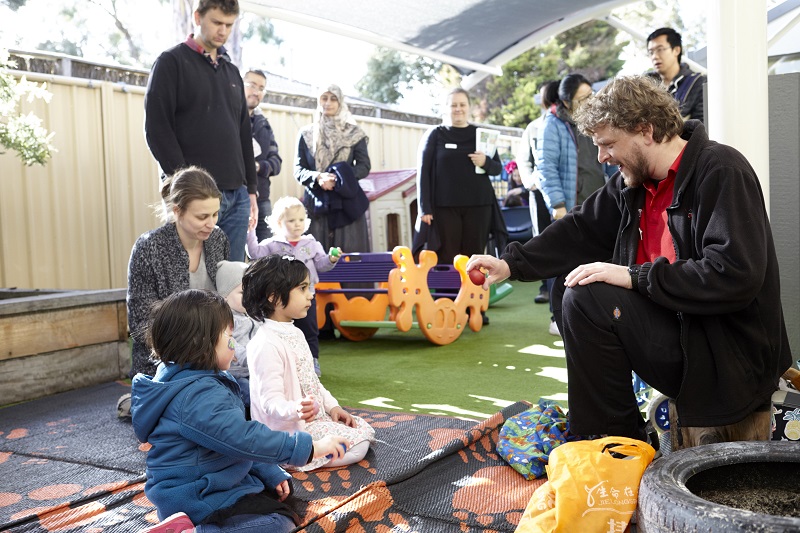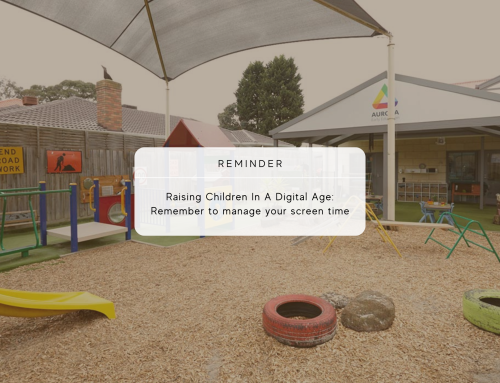Aurora’s Guide To Positive Parenting
Three year old Susie Q has got herself into a bit of trouble. A few minutes ago, she toddled into her parents’ bedroom and found her mother’s make up kit on their bed. Entranced by colours and textures, she happily began creating a colourful chaos; very soon there was a heap of powders on the duvet, sticks of lipstick pulled out of their wands and nail polish dripping on the floor. And then, her mother walks in. Uh-oh.
In scenario A, Susie is screamed at and sent to her room, feeling guilty, bemused and unloved.
In scenario B, Susie’s mother takes a deep, calming breath and explains that make up is not to be played with. Susie is asked to help clean up and perhaps later bought a children’s make up set of her own, which allows her a creative outlet.
It doesn’t take an expert to see that scenario B would lead to a happier child with a stronger ability to form attachments and think logically. Such an approach is today known as positive parenting; a calm, mindful approach to discipline children which avoids punishment in favour of guidance.
The Perks of Positive Parenting
Practicing positive parenting can benefit both children and adults. Children develop into more emotionally intelligent individuals and are able to form more secure bonds with caregivers in childhood and in other relationships later in their lives. They become more resilient and empathetic.
Research has shown that a child who has benefited from positive parenting is more likely to practice similar methods when they become parents, resulting in a generation of emotionally intelligent, secure individuals.
How To Practice Positive Parenting
Disobedience and defiance from children does not typically come from a desire for conflict, but rather because of the lack of cognitive ability to realise what they’re doing is wrong.
In the case of Susie Q, she naturally didn’t understand how expensive her mother’s lipsticks were, or why a mess is such a big problem. Only through peaceful, positive parenting strategies will she come to understand why she shouldn’t do something similar again. Here are some tips on peaceful parenting:
• Stay calm, stay positive: even in the face of smashed lipsticks or a destroyed kitchen or a screaming argument between your toddlers, don’t lose your cool. Take a deep breath and proceed to calmly handle the situation.
• Practice empathy and teach your children to, too: The old adage, “put yourself in the other person’s shoes” holds true here. Ask yourself why your child is misbehaving. Is he looking for attention? Is she feeling neglected? Similarly, when your child gets into a conflict with someone else, ask them to consider the others feelings. Very often, children will adjust their behaviour when they realise how it’s affecting others.
• React non-punitively: In the face of chaos, respond non punitively. Simply take the child to another area where they should engage in a quiet time out. Remember, this time out should not be treated as a punishment, but rather as a time to calm down.
• Use age appropriate responses: select your responses according to your child’s cognitive capacity. A two-year-old has not developed the ability to reason and so will not be able to understand logical explanations about why their behaviour is wrong; a calm time out may be a better way to deal with conflict. As children cross the age of three, they begin to understand the concept of cause and effect; explain to them why a behaviour is inconsiderate or unacceptable.
• Be a positive role model: don’t limit a positive approach just to conflict situations or even parenting. Children closely observe their caregivers’ behaviour at all times and model their behaviour after them. So, be sure that you’re setting a calm, kind, mindful example for your children to emulate.
At Aurora Early Education, our educators are mindful of using positive parenting practices to care for our learners. Working in tandem with their families, we can ensure they develop into kind, caring and confident individuals.
Have a trip to our centres:





